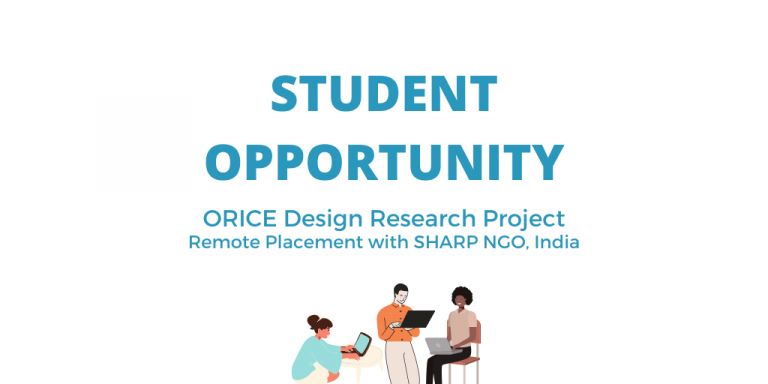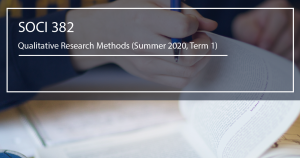What is the SDG Praxis Institute?
UBC Office of Regional and International Community Engagement (ORICE) in partnership with the BC Council For International Cooperation (BCCIC) is hosting The Praxis Institute 2020 with a strong focus on the transformational potential of the Sustainable Development Goals (SDG) at the nexus of theory and action. The theme of the SDG Praxis Institute 2020 is Shock, System Change and Agency, designed to develop critical student engagement with the SDGs focusing on system shock, transformational change and application of innovative solutions into policy. While COVID-19 presents as a clear shock, our collective analysis will both include and consider system change and agency beyond the global pandemic. As this course commits to praxis, participants will learn and work in teams throughout the course preparing to transform their learning into action. Each week, participants will interact with a variety of guest speakers who are academics, practitioners and advocates as we examine and apply the concepts of transformative change, systems change, shock and agency. Nearing the end of the course, teams will meet and present their thoughts and work with senior Canadian federal government officials on an SDG sensitive COVID-19 recovery and how best to accelerate the “decade of action” under the current circumstances toward a more resilient future. (This is NOT a UBC credit course. However, this co-curricular course is open to all UBC students in 3rd year and above with financial awards available for students from the Faculty of Arts.)
Learning outcomes
By the end of the program, participants will be able to:
- Understand and apply the concept of “system shock” (in the context of the SDGs) and provide examples;
- Understand and apply the concept of ‘transformational change’ and how it occurs;
- Define, and examine ‘agency’ (collective / individual) during times of shock/systems change;
- Analyze the interrelatedness of the SDGs, how they are being used at various levels (country, international) using a systems thinking approach.
- Deliver a succinct evidence-based and compelling presentation to senior government officials and policymakers.
Please note that this is not an academic course. You will NOT receive course credit for being in the SDG Praxis Institute.
Program duration: July 7 – August 21, 2020 (7 weeks)
Program cost: $250
Students will be automatically be covered for the full program cost with a financial award if they meet the following criteria:
- Registered UBC student in the Faculty of Arts
- Completed 60 credits of undergraduate coursework (3rd or 4th year standing)
- Have a minimum GPA of 70% in the top 21 credits of the previous academic year.
- Students who do not meet these criteria are welcome to apply but would need to pay the program fee upon acceptance of the offer.
Eligibility
- Must be a registered UBC student with more than 60 credits of undergraduate coursework completed as of May 1st, 2020 (open to undergraduate and graduate students)
- Must be able to commit to attending the full program including weekly sessions on Tuesdays and Thursdays from 9:00-12:00pm PST
- July 7th, 9th, 14th, 16th, 21st, 23rd, 28th, 30th
- August 4th, 6th, 11th, 13th, 18th, 20th
- Must be able to commit to regular group work throughout the program
Requirements
We are looking for individuals who have:
- An openness to exploring inner dimensions of change (Transformational Change);
- A passion and commitment to Sustainable Development, social justice, environmentalism, global citizenship and/or community engagement;
- Potential to experience personal growth in leadership and social change from this program;
- Potential and commitment to impact—putting what is learned through the Praxis Institute into practice in the course and beyond.
We encourage applications from individuals who identify as women, Indigenous, Black, low income, immigrant/refugee, LGBTQ2S+, living with a disability, or other members of minority groups. We also encourage applications from individuals who have faced barriers to participating in programs like this.
How to apply
Round 1 deadline: June 25th, 2020 @ 11.59pm PST.
Round 2 deadline: June 28th, 2020 @ 11.59pm PST.
Successful candidates contacted by & short interviews: week of June 29th
Program begins: Jul 7
The deadline was June 28th 11:59pm PST and we are no longer accepting applications. Successful applicants will hear back early July.
Contact
The SDG Praxis Institute 2020 is hosted by the BC Council For International Cooperation (BCCIC) and the UBC Office of Regional International Community Engagement (ORICE). Please email ubc.orice@ubc.ca if you have any questions or queries.

